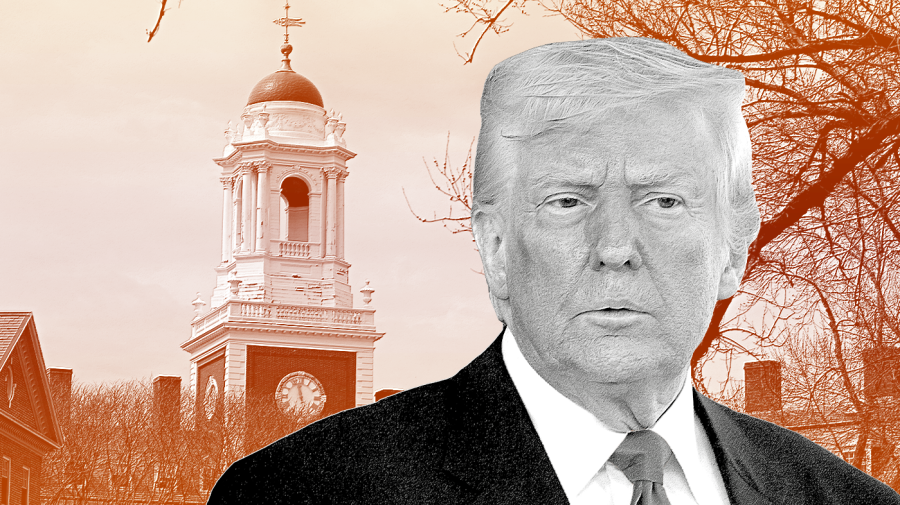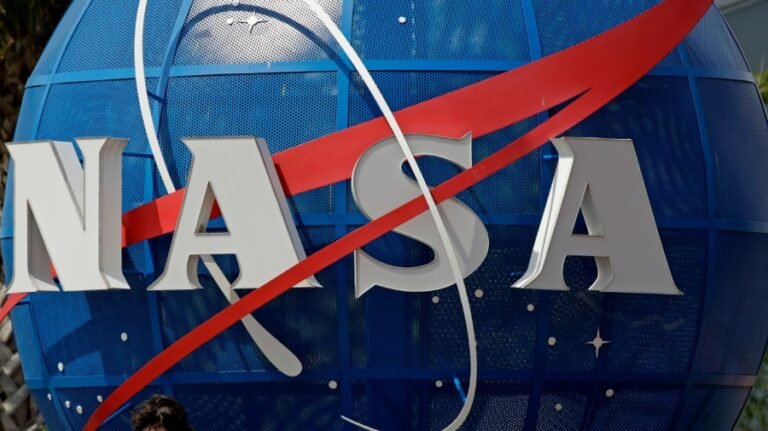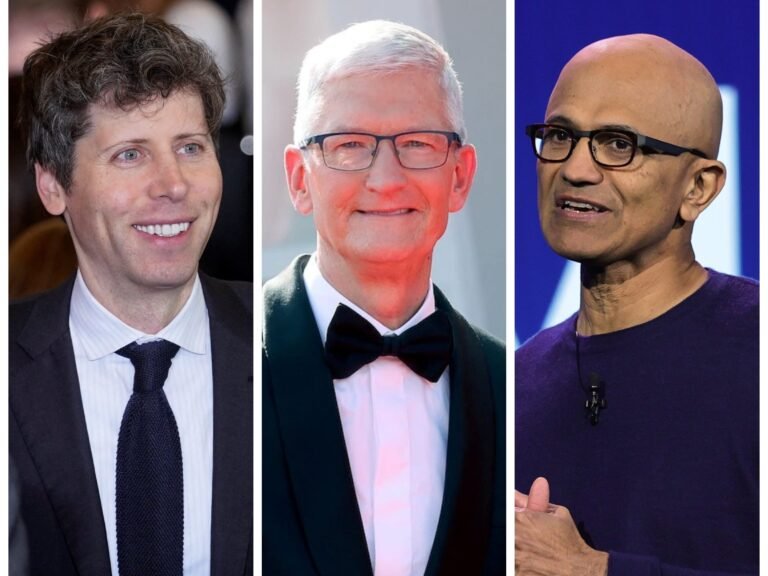
Colleges are waiting with bated breath after President Trump announced an upcoming deal with Harvard University, fearing concessions that could become a blueprint for what the administration demands of other schools.
After months of frozen funding, multiple federal probes and Trump’s attempt to take away Harvard’s ability to enroll foreign students, the president said an arrangement would be unveiled within the next two weeks.
Some observers have their doubts about that, seeing no path forward that could both pacify Trump and avoid compromising principles that Harvard President Alan Garber promised to safeguard.
The fight began when the Trump administration sent a letter to Harvard demanding changes such as reforms in hiring and admissions, stricter disciplinary policies and eliminating diversity, equity and inclusion programs.
Harvard made the letter public and strongly rebuked the demands, saying it would not give up its academic freedom.
That kicked off Trump’s onslaught against the Ivy League institution, beginning with a massive federal funding pause and including Trump’s calls for the school to lose its tax exempt status.
An agreement that is likely to satisfy both sides is hard to imagine for many in higher education.
“If the government and Harvard come to an agreement and Harvard looks like it got a slap on the wrist, it could create the impression that the government has gotten ahead of itself, and these institutions can push back. If it looks like Harvard got taken to the woodshed, I think it will make a lot of other institutions even more nervous,” said Rick Hess, senior fellow and the director of education policy studies at the American Enterprise Institute (AEI).
Trump announced on Truth Social last week that a deal would be made “in the next week or so,” but no details have since been released.
“Many people have been asking what is going on with Harvard University and their largescale improprieties that we have been addressing, looking for a solution. We have been working closely with Harvard, and it is very possible that a Deal will be announced over the next week or so,” Trump said.
“They have acted extremely appropriately during these negotiations, and appear to be committed to doing what is right. If a Settlement is made on the basis that is currently being discussed, it will be ‘mindbogglingly’ HISTORIC, and very good for our Country. Thank you for your attention to this matter!” he added.
It is unknown if an agreement could lead to the end of either of the two legal battles Harvard and the Trump administration are locked in — one over funding, the other on international students — or any of the federal investigations launched against the university.
A source familiar with the situation said the administration is cautiously optimistic about a deal in the near future and pointed to Trump’s post as proof the president has always wanted good faith negotiations with Harvard. The source said the White House hopes the accord will serve as a roadmap for other schools.
Others are hesitant to believe the Truth post means much at all, with Trump potentially jumping the gun.
“It’s certainly interesting that the president was talking about that before any of the members of his administration, before there were any indications from Harvard that such a deal was on the table,” said Jon Fansmith, senior vice president for government relations and national engagement at the American Council of Education.
“I think for a lot of people in higher education, the details really matter. And if there is going to be an agreement, and who knows [if] that’s even going to happen, what will matter most is what that agreement looks like,” Fansmith added.
Harvard did not respond to The Hill’s request for comment.
Higher education advocates fear that capitulation from the school could make it harder for others to fight back.
“I think the results would be disastrous. It would lead to further moral distress, that feeling of being coerced into making decisions when things are unethical, but there’s no choice,” said Lynn Pasquerella, president of the American Association of Colleges and Universities.
“The fear is that people will be looking closely at Harvard, and it will have a ripple effect in terms of how other institutions are navigating these complex times when they’re under threat from the federal government, and so there’s scrutiny, and this is a really crucible moment for Garber in terms of his leadership and the leadership of higher education in general,” she added.
Harvard has repeatedly said it will not sacrifice its academic independence but has conceded there are certain problems at the university that need addressing, including antisemitism and concerns about a lack of viewpoint diversity.
“I think that we have heard from some people that they do feel that way. What is perplexing is the measures that they have taken to address these that don’t even hit the same people that they believe are causing the problems,” Garber said.
“Why cut off research funding? Sure, it hurts Harvard, but it hurts the country because after all, the research funding is not a gift,” he added.
Others believe there is a chance Harvard could agree to some measures it was already planning on implementing.
“I think if Harvard was formalizing things that are already underway or adding even more weight to them as part of an arrangement with the administration, that’s a reasonable thing to do. And again, something that could have happened without the need for these illegal freezes of funds,” Fansmith said.
“I’m sure other schools will look at this and try to understand what this tells them about how the administration acts, what they respond to, what their ultimate goals are. That said, every institution is different, and in particular when you talk about an institution like Harvard, there aren’t really a whole lot of institutions that are like Harvard,” he added.





